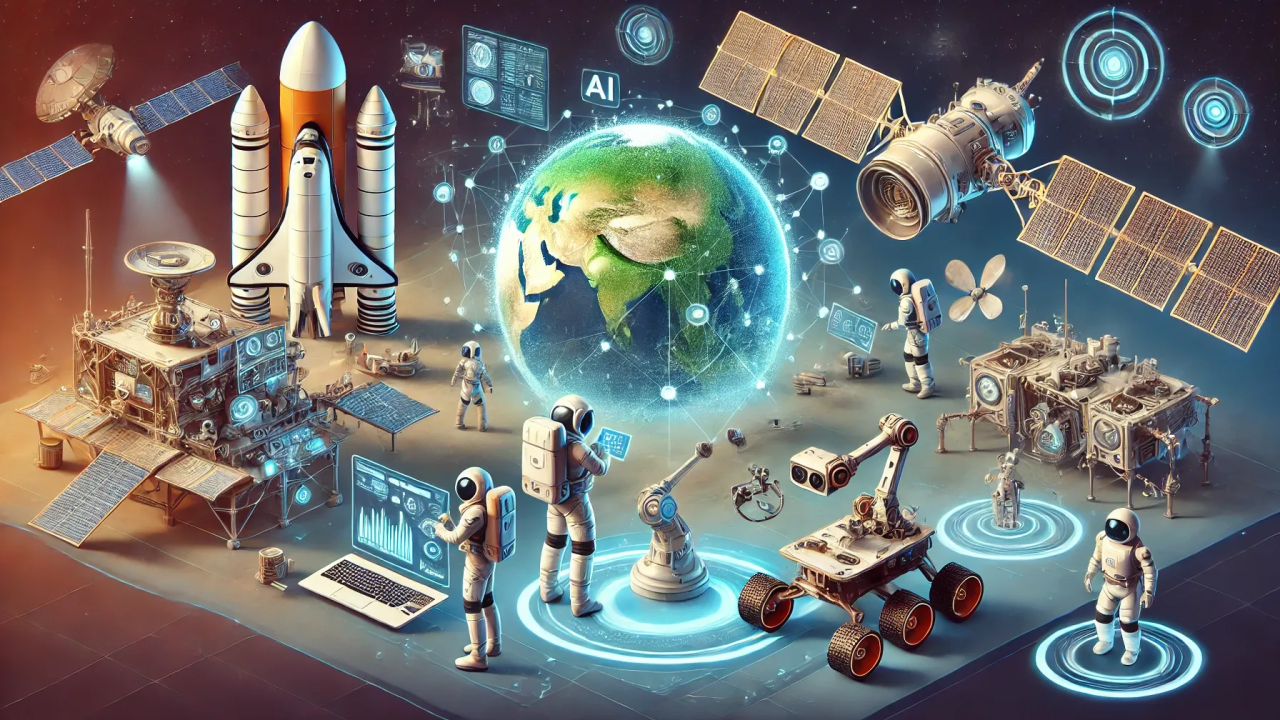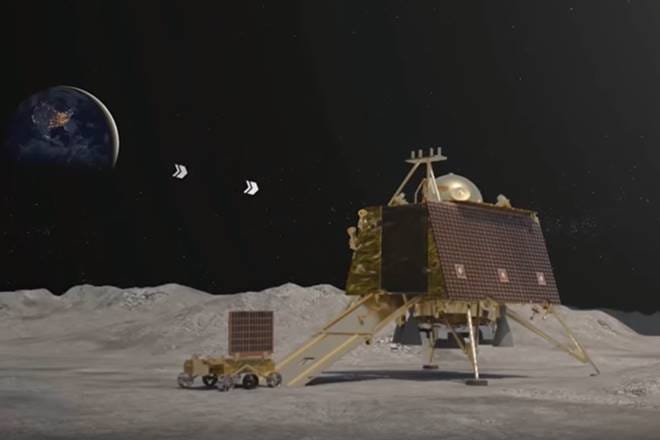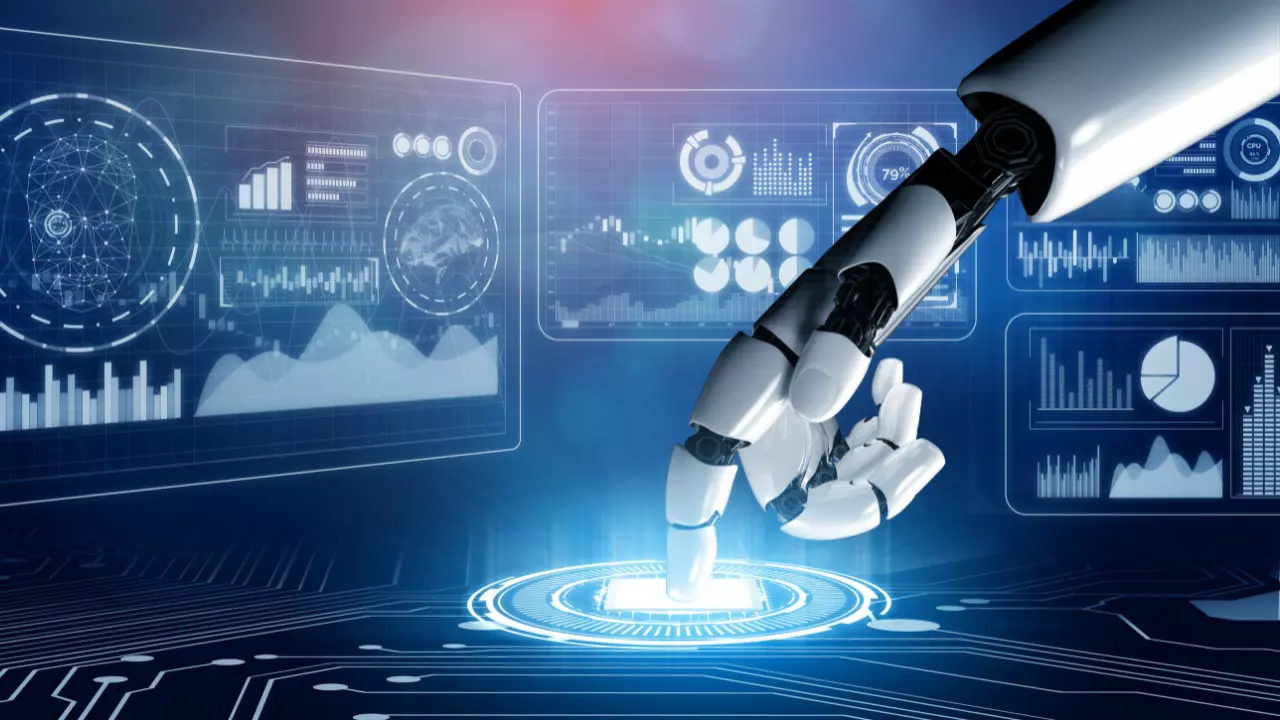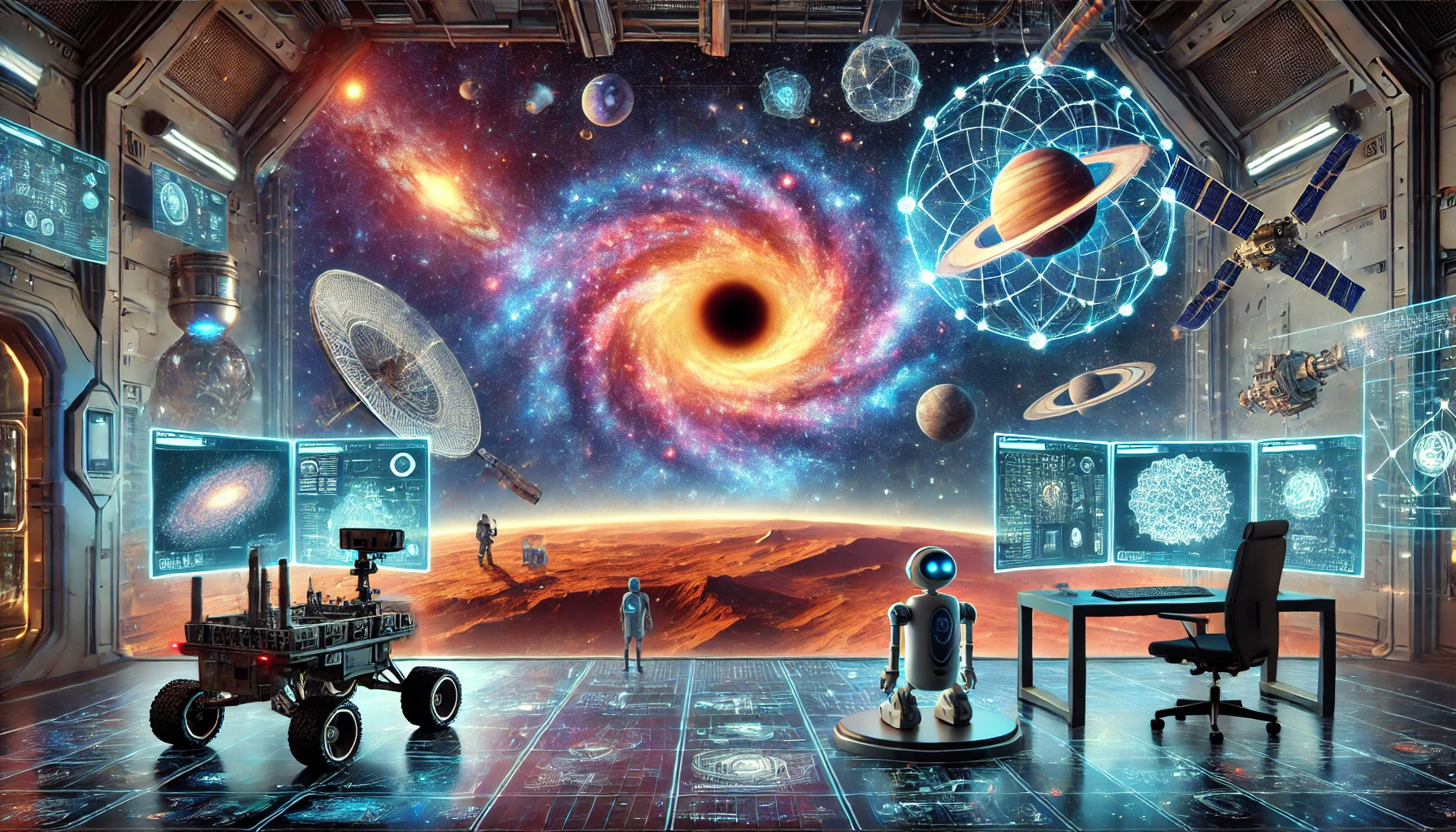Artificial Intelligence (AI) is playing an increasingly vital role in the advancement of space exploration and operations. Understanding how AI supports space missions and technologies highlights its importance in shaping the future of the space industry.
What is AI in Space?
AI in space refers to the application of intelligent systems, including machine learning, computer vision, autonomous decision-making, and data analysis, to support spacecraft, satellites, planetary exploration, and space research.
How AI Works in Space
AI systems process massive amounts of data collected from space missions, satellites, and telescopes. These systems can analyze images, monitor spacecraft health, navigate rovers on distant planets, and even make real-time decisions during missions with limited communication to Earth.
Key AI Applications in Space
Autonomous Navigation: AI helps spacecraft and planetary rovers move and make decisions independently in challenging environments.
Data Processing: AI accelerates the analysis of satellite imagery and deep space signals to identify new discoveries.
Predictive Maintenance: AI monitors the condition of spacecraft and satellites to predict and prevent failures.
Mission Planning: AI assists in designing more efficient mission routes and schedules, reducing risks and costs.
Benefits of Using AI
AI enhances the efficiency and accuracy of space missions, reduces human workload, and enables faster decision-making in remote and unpredictable environments. It also supports deep space missions where real-time human intervention is not possible due to communication delays.
Limitations to Keep in Mind
AI systems in space must be highly reliable and capable of functioning in extreme conditions. They require careful programming, extensive testing, and sometimes human supervision to ensure mission success.
Conclusion
AI is revolutionizing the way we explore and operate in space. By combining AI capabilities with human intelligence, space agencies and organizations can push the boundaries of exploration, achieve greater mission success, and uncover new possibilities in the universe.







Leave feedback about this